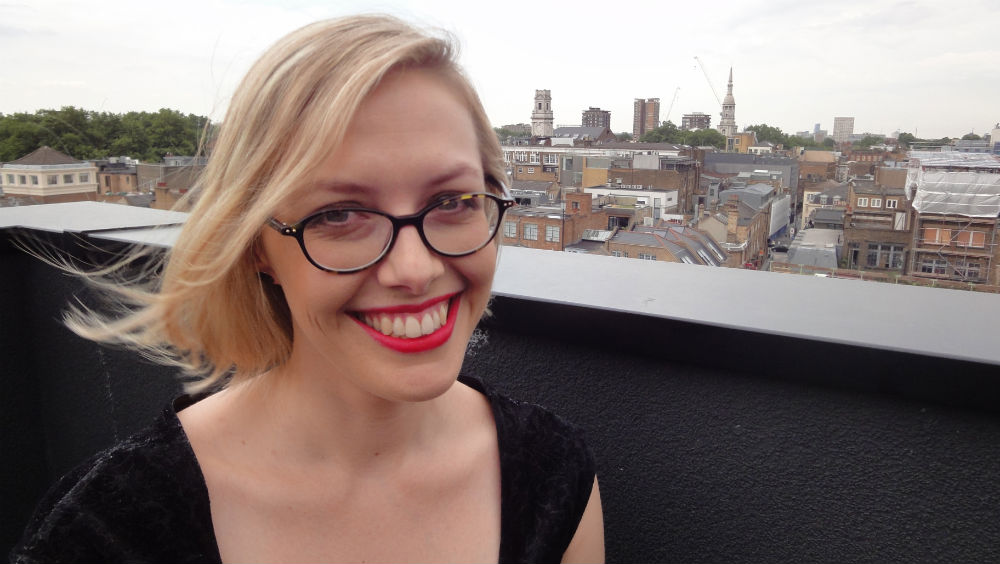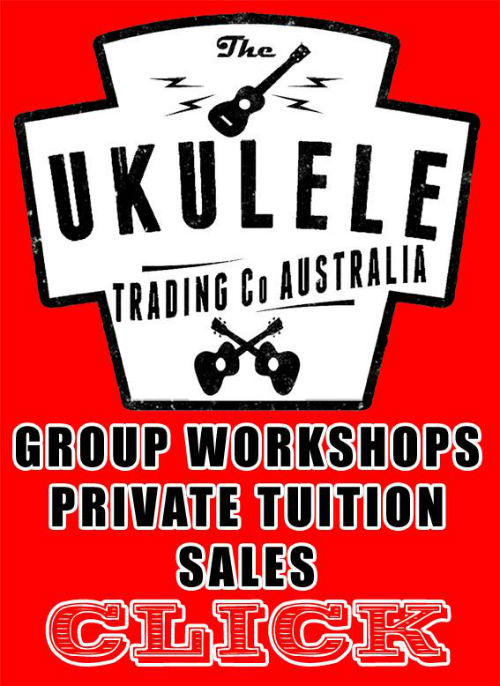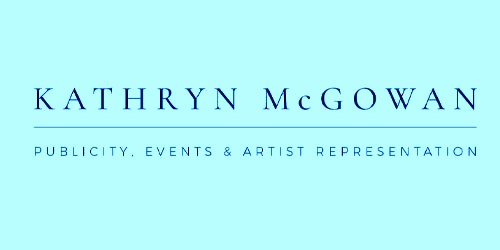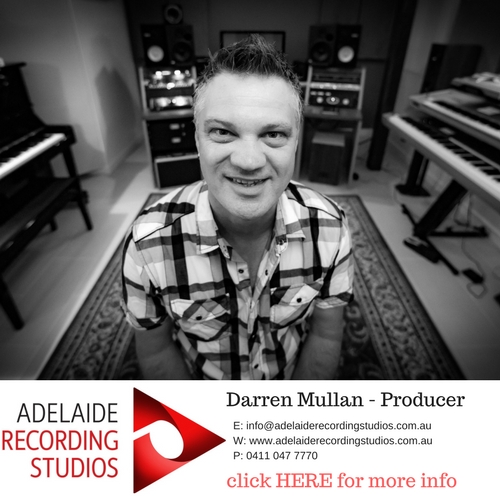by Lynette Washington.
Author, blogger and Editor Angela Meyer, whose micro-fiction story collection Captives is a beguiling and beautiful little book, will be a guest at the 2015 Adelaide Writers’ Week. We sent her some questions via email to find out more about her book and her participation in Writers’ Week.
Before we get to Angela’s obsession with single malt whiskey, we start out by asking her to tell us a little more about Captives.
”Captives is a pocket-sized book of very short stories, ranging from realist to absurd, set in motels, bathrooms, backyards, the moors of Scotland. Most are definitely fiction in that they contain character, setting and action, though they are cousins of poetry in their evocation of mood, and in their rhythms. Readers have called them flash fictions, prose poems, word paintings, and even short novels.”
You say Captives is ‘pocket-sized’. It’s also very beautiful. Packed with aesthetic features, it resembles the stories themselves which are also small in size but packed with interest.
“Sandy Cull is an incredible designer; I have much admiration for her work and was so pleased when my publisher, Donna Ward, told me she’d be working on Captives. My only input was a few lines regarding what I thought the book was ‘about’, and sharing the fact that Kafka was an influence. Sandy read the book and thankfully liked it, and ‘got’ it. She then incorporated versions of Kafka’s drawings into the design.”
In Captives the reader is thrown right into the deep end of the stories, giving the sense that you might have written many more words than those that ended up on the page.
“I actually don’t. I think I’m quite naturally a minimalist, maybe because I studied film as well as literature, or because I’m also an editor. I do always have to cut a line here and there where I’ve over-emoted, or where I’ve been telling myself (rather than the reader) what is happening, but story-wise I seem to form the story and shed most excess before getting it onto the page.
“I carry stories around with me for a long time until I know they are ready for drafting. Longer ones, too. I often have to add more to a story as opposed to removing stuff; sometimes I keep too much of it in my head.”
What is it about flash fiction that appeals to you?
“Writing a flash story is satisfying because you can create a complete piece in quite a short time. I like the amount of control you have over the story, and the process, whereas working on a novel is large, changeable and daunting. And I love reading flash fiction; it’s the reading equivalent to eating delicious, rich canapés. You savour them, they’re gone quickly, but there’s a taste lingering on the tongue.”
How do you know when a flash fiction story is more than an anecdote or snippet? How does it become a story?
“For me it’s not beginning, middle and end (I find that trite) but character, setting and incident. Who, where; what happened, is happening, or is about to? And the incident doesn’t have to be much, it could be someone taking a step, but that step has meaning for the character or in the world of the story.
“Most of my flash pieces adhere to this, though there are a few that are memoir and one or two that are more like flash essays. It’s good to have some rules, and then to break them when it feels right, like when you’re exploring a different tone, mood, or just feeling a bit absurd. Many of Lydia Davis’ stories would not adhere to my guidelines, for example, but there’s a wry tone to her pieces that just works.”
Being invited to be a guest at AWW by Laura Kroetsch is a great honour and will no doubt be exiting. What can your readers expect from your event?
“I’ll be on stage with Cate Kennedy in an event called Shorts. Cate is one of Australia’s best short story writers, and has been a big inspiration for me. I first met her years ago when I worked in the bookstore tent at Byron Bay Writers Festival and got her to sign a copy of her excellent collection Dark Roots. She kindly let me interview her for my fledgling blog (now almost eight years old!) and that was later published in Southerly. I’m humbled, and a little intimidated. She’s so articulate and charming on stage.
“I’m also interviewing two international writers at the festival – Jeremy Pinto and Peter Walker.”
You recently edited The Great Unknown¸ a superb collection of spooky stories by Australian writers. How did you find the experience of editing other writers’ work?
“TGU was one of the most stimulating projects I’ve ever undertaken, thanks to the publisher Spineless Wonders. I invited many of the writers to contribute, writing to a theme, and then chose the rest from competition entries. It was a huge amount of work, but so rewarding. Some writers needed barely any editing, and I think that was because I chose writers whose work I knew would be a good fit. Some stories required structural changes, to improve the logical flow of the narrative, and others required line-by-line tightening. I’m obsessed with rhythm and flow.”
What is it that you enjoy most about writing?
“That’s such a hard question. Sometimes I don’t ‘enjoy’ it, I feel compelled to do it. I never enjoy sitting down to write, it feels like a weight. But I do then tap into some part of myself when I get going (it’s partly the unconscious) and it just feels right. It feels powerful, even if the story doesn’t become something publishable. It feels honest. There is something fascinating, psychologically, about the process. This is the best part.
“But I also enjoy having written, and then editing my work. Lastly, I enjoy hearing other people’s interpretations of the work. With Captives, it’s fascinating to hear which stories had an impact on the reader. It tells me something about them.”
These days, writers have to wear many hats. You write reviews, blog, present on panels and at festivals and have been on ABC TV’s The Book Club. How do you juggle so many commitments?
“There’s always time to read and write. I now freelance less and have two great day jobs, working part time as a commissioning editor, and working a couple of nights a week at a whisky bar (single malt whisky is a passion of mine). Around those jobs I have time to write; a couple of times a week, in bursts. I spend a few evenings reading and preparing for festivals or events, or writing notes for projects I’m working on. I don’t think about the social media, it has always come pretty naturally to me (the first thing I was known for was my blog, LiteraryMinded).”
What is your next writing project?
“I’m working a novel that is, for me, conceptually huge, and difficult, set mainly in 19th Century Scotland. I think it might take some time. I continue to work on flash stories and longer short stories as well.”
If you would like to learn more about Angela’s work, or to get in touch with her, here are the links to her social media networks:
literaryminded.com.au
Twitter & Instagram: @LiteraryMinded
facebook.com/literarymindedblog
https://gumroad.com/literaryminded/follow
Angela Meyer and Cate Kennedy present Shorts on the West Stage in the Pioneer Women’s Memorial Garden as part of Adelaide Writers’ Week from 2.30pm on Thu Mar 5.




